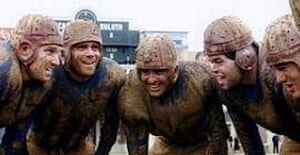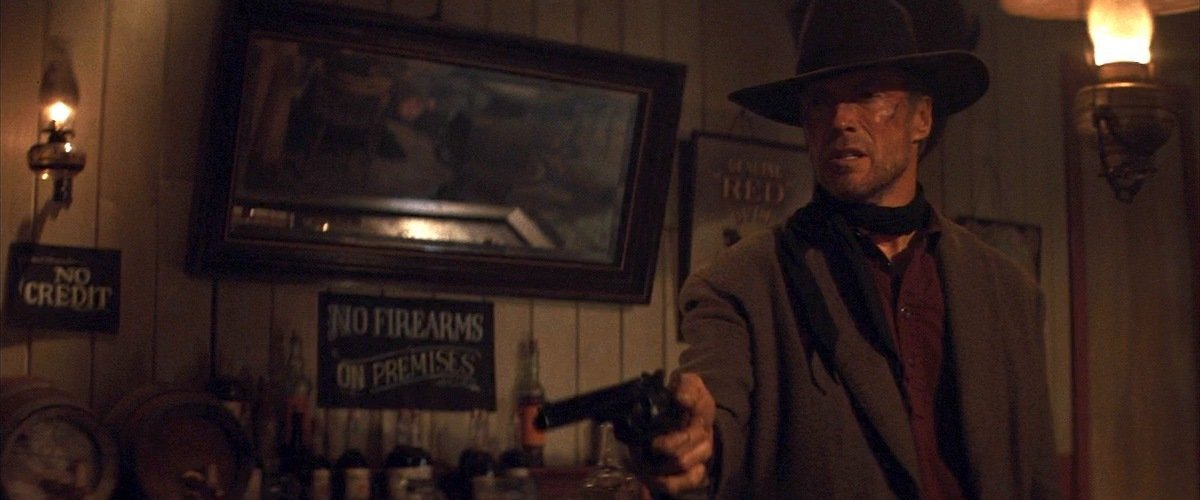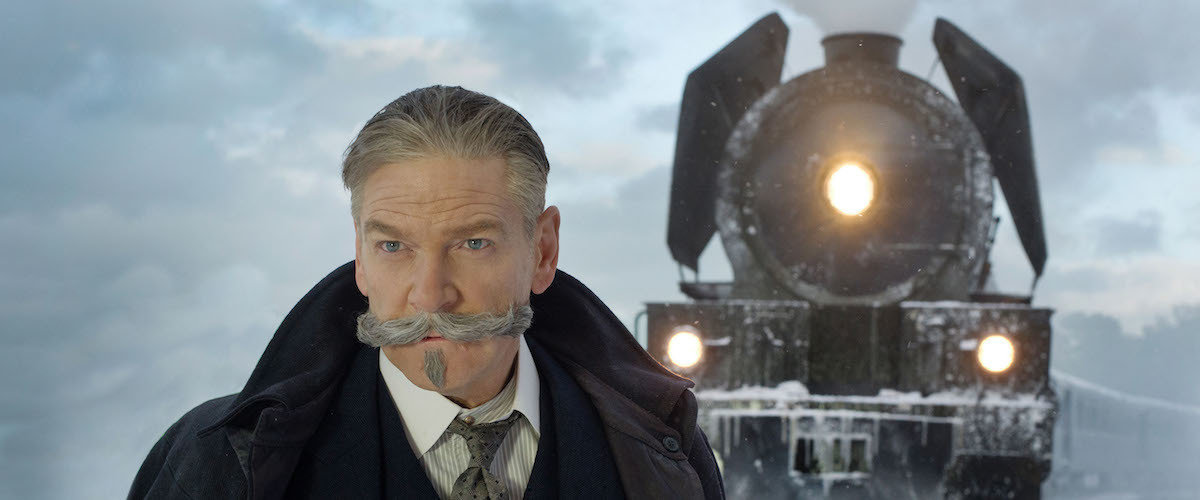
Directed by: Martin McDonagh
Starring: Frances McDormand, Woody Harrelson, Sam Rockwell, Abbie Cornish, Peter Dinklage, John Hawkes, Lucas Hedges, Caleb Landry Jones, Clarke Peters
Three Billboards never ceases to surprise us. Its characters zig when we expect them to zag. We think we know how it will play out, but its depth, anger, humor, and truth blindside us. Scene after scene gives us wonderful emotional or humorous payoffs, and sometimes more than one in the same scene. The ending is a reconciliation of two characters who were miles apart in every way when the film opens, because Three Billboards allows its people to grow, to learn, and to recognize that limitations imposed by life don't necessarily need to be heeded.
Like last year's Manchester by the Sea, Three Billboards creates a tone of humor which reveals sometimes even the darkest aspects of human nature. The people don't have to be predictable and act lockstep according to the situation. There is wiggle room and we can't quite nail them down, which makes the experiences all the more absorbing. The actors are more than up to the challenge, creating some of the best work of their careers.
Three Billboards takes place in, you guessed it, Ebbing, Missouri. Grief-stricken Mildred Hayes (McDormand) offers to rent three billboards on a little traveled road in town. Why? To advertise the lack of movement in the case of her daughter who was brutally raped and murdered on that road seven months earlier. There are no leads and no evidence to link anyone to the crime, but that is of little comfort to her. Her third billboard reads, "How Come Chief Willoughby?" Chief Bill Willoughby (Harrelson) is naturally humiliated by Mildred's billboards while at the same time empathizing with her and frustrated over the lack of leads. The case has gone cold, but Mildred won't let it stay that way.
The Ebbing police department is not a model department, which includes angry, alcoholic hateful racist Jason Dixon (Rockwell), who is pissed at Mildred about the billboards and harasses the advertising shop owner Red (Jones) to try and force him to take them down. But, Mildred is not breaking any laws by calling out the police department and the law can be pesky sometimes in that it prevents cops from behaving like maniacs. Or does it? The simmering anger inside Dixon isn't interested in such trivial matters as the law, which is shown when his harassment of Mildred and the Red reaches dangerous proportions. But Chief Willoughby is a good man who loves his family, and is dying from pancreatic cancer. His future actions directly lead to unforeseen changes in some of the other people touched by them.
The movie stops to examine the family lives of Mildred, who has a teenage son (Hedges) struggling with his sister's death and an abusive ex-husband who left her for a 19-year old girl. If you think you know how this subplot will play out, think again. Other people stand on the periphery, waiting for their chance to get involved, including a dwarf (Dinklage), who has a crush on Mildred and this payoff is another you don't see coming.
McDormand masterfully manages the imperfections of Mildred. She is grieving, bitter, plain spoken and frustrated, although she might still be bitter and frustrated even if her daughter were still alive. Yet, there is a scene in which she talks to a deer hanging around the billboards which touches us in ways we don't expect. Her anger flashes out of control and causes her to make decisions she should not make and has no right to make, one of which has unintended consequences for Dixon. The movie never asks us to condone all of Mildred's actions, but to observe them and to ask ourselves how we would react in her situation. Would we be able to hold our tongue? Or sit idly by? Or move on? It is a remarkable performance.
Sam Rockwell has played nice people and others with weird streaks, but his Dixon is fully realized and goes through the most changes, all of which completely plausible and compelling. It is a special performance. Woody Harrelson is among our most dependable actors, but I'm not sure I completely expected the depth he shows here, especially as he reaches out from beyond the grave to change others with his blunt honesty. You will see how. Dixon especially transforms directly as the result of Willoughby's actions and what happens to him he almost treats as penance for past misdeeds.
I surely can't and don't want to spoil the surprises Three Billboards presents. It challenges, inspires, and makes us laugh, wince, and cry. Certain payoffs stab us like a dagger to the heart, while others grow out of life and observant humor. After many months of pretty good movies, and one really good one (Wind River), we now have the best film of 2017 so far. With only one month left in the year, I would be shocked to find a better one.









